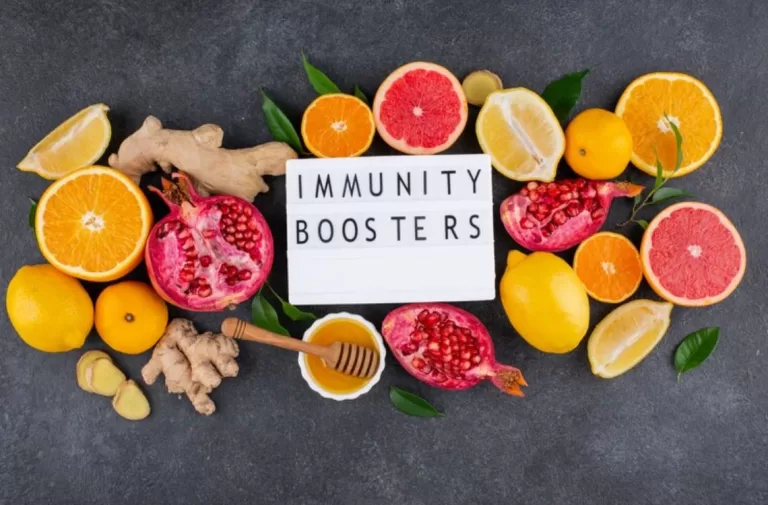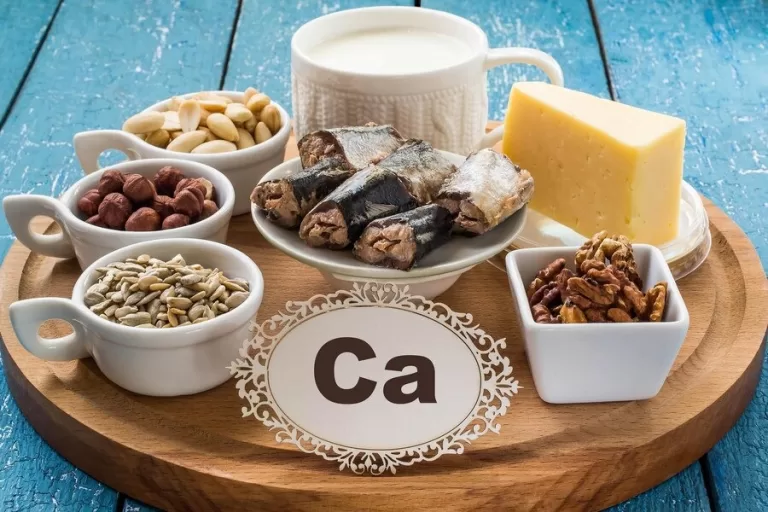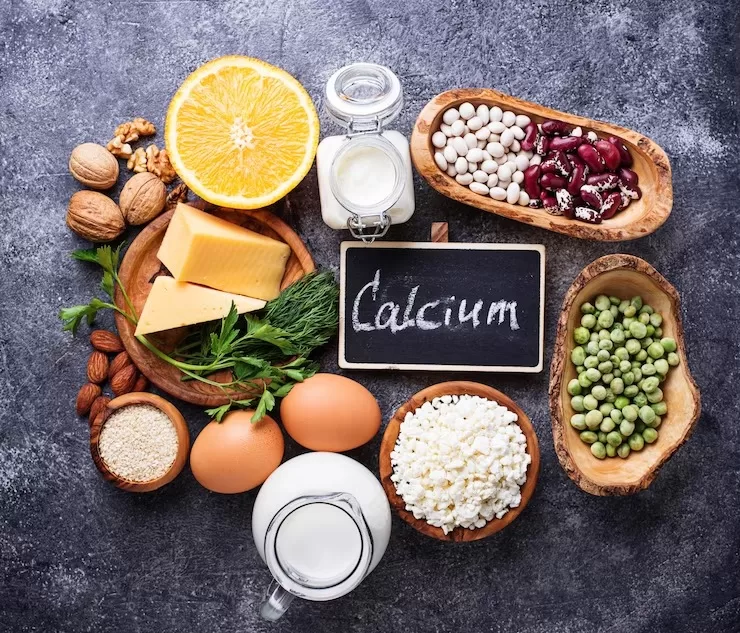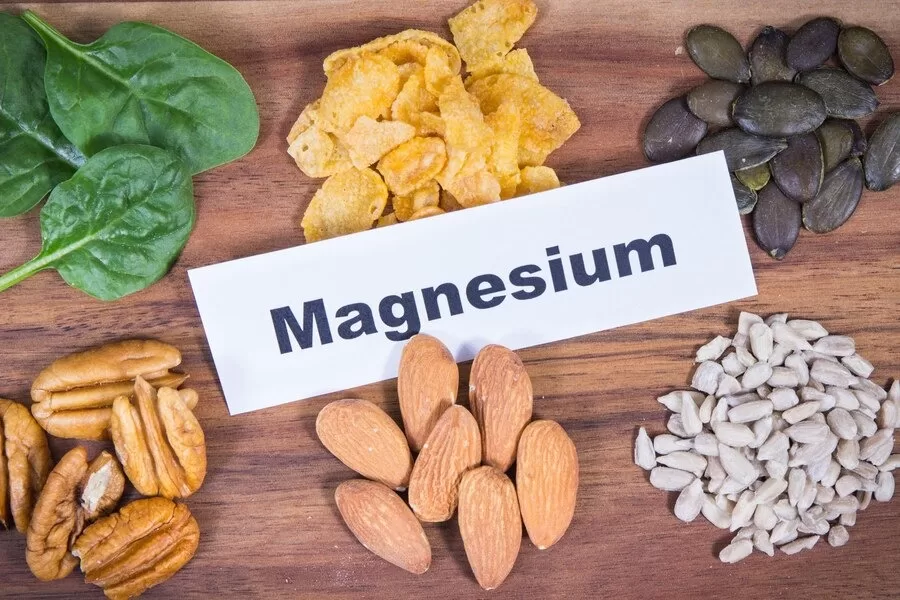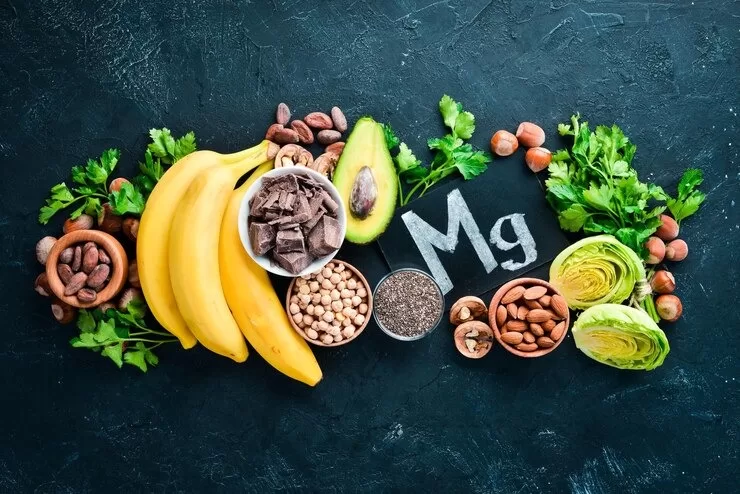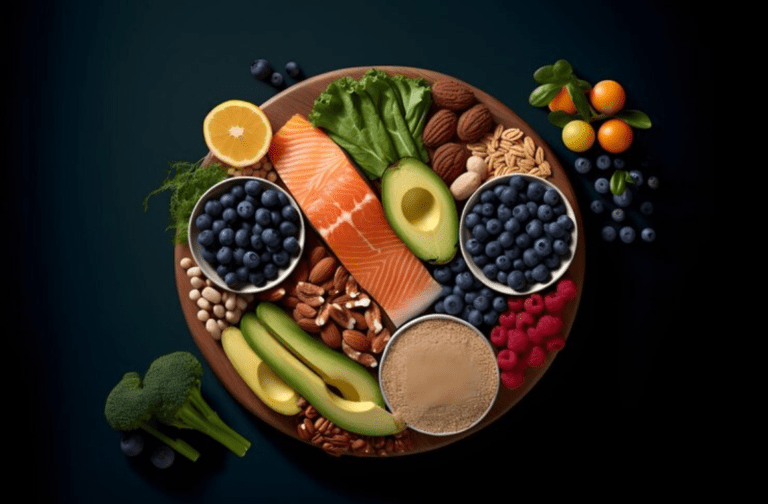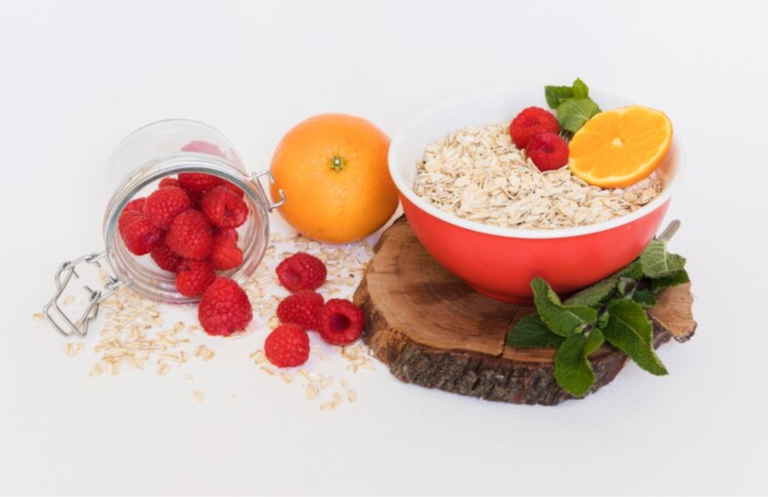Color Plate Immunity-Boost Veggies
Health is wealth as the saying goes and eating healthy is important. It helps to consume plenty of green and colored vegetables and fruits as they contain plenty of nutrients.
It is important to get a variety of colorful fruits and vegetables in one’s diet.
The variety of vitamins, minerals, antioxidants, and phytochemicals in fruits and vegetables may indeed be more powerful for one’s health than any pill.
Eating the Colorful Rainbow Is Important for Health — for Kids and Adults!
Why Are Fruits and Vegetables Full of So Many Colors?
Each color in fruits and vegetables is created by specific phytonutrients, which are no doubt natural compounds that help protect plants from germs, bugs, the sun, as well as other threats.
And each color indicates an abundance of specific nutrients.
Healthy Red Foods Help Fight Cancer, Reduce the Risk of Diabetes and Heart Disease, Improve One’s Skin Quality, and More
Red fruits and vegetables contain phytochemicals that include lycopene and ellagic acid. These powerful nutrients have indeed been studied for their cancer-fighting effects as well as other health benefits.
Regular consumption of tomatoes and tomato products (like cooked tomatoes and tomato sauce) has been shown to reduce the risk of prostate cancer. Watermelon is even higher in lycopene than tomatoes, and the lycopene may in fact be more bioavailable, too.
Watermelon is also rich in a phytonutrient known as citrulline, which may work as a treatment for mild to moderate erectile dysfunction.
Red vegetables, such as beets, have been shown to affect the nitric oxide pathway, helping blood vessels dilate. This does improve circulation and also helps reduce the risk of heart disease.
Strawberries prevent and even reverse the progression of esophageal cancer. Berries are rich in bioactive compounds that protect against chronic diseases such as heart disease and Alzheimer’s.
Examples of Healthy Red Foods to Try:
- Red peppers
- Tomatoes
- Strawberries
- Raspberries
- Cherries
- Watermelon
- Apples
- Cranberries
- Kidney beans
- Grapes
- Red onions
- Pomegranate
- Beets

Yellow cum Orange Fruits and Vegetables do Improve Immune Function, Reduce the Risk of Heart Disease, and Promote Eye Health, plus more
Orange and yellow fruits as well as vegetables are rich in vitamin C and carotenoids, including beta-carotene. Some carotenoids, most notably beta-carotene, do convert to vitamin A within the body, which helps promote healthy vision and cell growth.
Citrus fruits, such as oranges, contain a unique phytonutrient referred to as hesperidin, which helps to increase blood flow. Consuming citrus can reduce the risk of stroke.
Here are a few Examples of Healthy Orange and Yellow Foods to Try
• Oranges
• Grapefruit
• Lemons
• Mangoes
• Papayas
• Carrots
• Sweet potatoes
• Winter squash
Green Fruits cum Vegetables Boost the Immune System, Help Detoxify one’s Body, Restore Energy and also Vitality, and More
Greens are a few of the healthiest foods to be eaten. Green fruits and vegetables are indeed rich in lutein, isothiocyanates, isoflavones, and vitamin K, which are essential for blood and bone health.
Here are a few Examples of Healthy Green Foods to Try
• Broccoli
• Kale
• Romaine lettuce
• Collard greens
• Brussels sprouts
Purple and Blue Fruits cum Vegetables May Reduce the Risk of Cancer and Heart Disease, Support Cognition, Decrease Inflammation, and Improve Skin Health
Blue and purple fruits and vegetables are rich in anthocyanins and resveratrol and are known for their anticancer and antiaging properties.
Red grapes are rich in polyphenol compounds and antioxidants.
Red cabbage is high in antioxidants.
A few Blue and Purple Fruits and Veggies to Try
• Blueberries
• Plums
• Blackberries
• Red (purple) grapes
• Red (purple) cabbage
Brown and White Colored Foods Do Protect Against Certain Cancers, Keep Bones Strong, and Are a Heart-Healthy Choice
Broccoli and cauliflower are cruciferous vegetables rich in an anticancer compound called sulforaphane.
Garlic and onions contain powerful health-promoting compounds allicin and quercetin.

